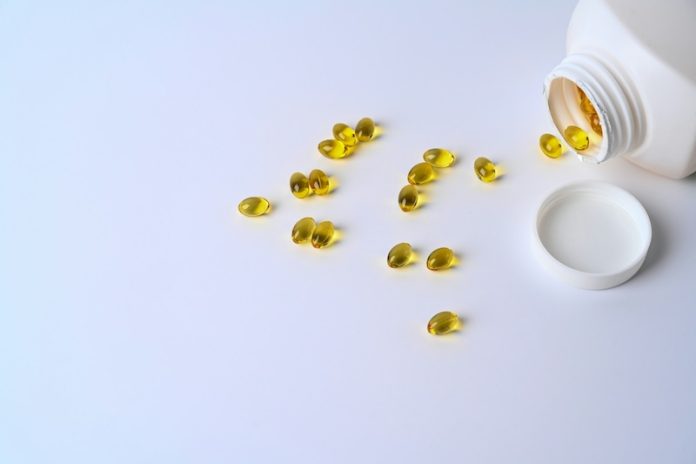
As we grow older, our bodies need more care to stay healthy—and one of the most important nutrients for older adults is vitamin D. This essential vitamin helps keep bones strong, supports the immune system, and may even improve mood. But as we age, our bodies become less able to produce or absorb it, putting many older people at risk of deficiency.
Vitamin D is a fat-soluble vitamin that the body naturally makes when skin is exposed to sunlight. It’s also found in certain foods, like fatty fish (such as salmon and tuna), egg yolks, and fortified dairy products.
However, with age, the skin becomes less efficient at making vitamin D from sunlight, and many older adults spend less time outdoors. As a result, low vitamin D levels are common in seniors.
One of the key roles of vitamin D is helping the body absorb calcium, which is vital for building and maintaining strong bones. Without enough vitamin D, calcium can’t do its job, and bones become weaker. This increases the risk of fractures, especially in older adults who are already more prone to bone loss due to aging.
Vitamin D can also help reduce the risk of falls—a major concern for older people. Falls can lead to serious injuries like hip fractures and a loss of independence. Studies have shown that getting enough vitamin D improves muscle strength and balance, helping to lower the chance of falling.
Another important function of vitamin D is its role in the immune system. It helps the body fight infections by supporting the function of immune cells. As people age, their immune systems naturally weaken, making them more vulnerable to illnesses. Vitamin D can help strengthen immune defenses, making it an important nutrient for staying well in later life.
Research has also linked vitamin D deficiency to several chronic conditions, including heart disease, diabetes, and even certain cancers. For example, one study found that women over 50 who took vitamin D had a lower risk of developing heart disease. Maintaining healthy levels of vitamin D may help reduce the risk of these serious health issues.
Vitamin D also plays a role in mental health. Studies have found that low vitamin D levels are linked to a higher risk of depression, especially in older adults. Ensuring proper intake may help support mood and emotional well-being.
Because it’s harder for older adults to get enough vitamin D from sunlight, other sources become more important. While some foods are rich in vitamin D—like fatty fish, eggs, and fortified milk or yogurt—it’s not always easy to get enough through food alone. This is especially true for people with dietary restrictions or reduced appetites.
That’s where supplements come in. Vitamin D supplements are a simple, effective way to maintain healthy levels. Your doctor can help you figure out the right amount, based on your needs, health conditions, and current levels. Some people may need a small daily dose, while others may benefit from a larger dose taken less often.
In short, vitamin D is essential for staying strong, healthy, and active as we age. It supports bones, muscles, the immune system, and even the mind. Whether through food, sunlight, or supplements, making sure you get enough vitamin D is one of the smartest things you can do for your health in later life.
If you care about nutrition, please read studies that whole grain foods could help increase longevity, and vitamin D supplements strongly reduce cancer death.
For more information about nutrition, please see recent studies about natural coconut sugar that could help reduce blood pressure and artery stiffness, and whey and soy protein may reduce inflammation in older people.
Copyright © 2025 Knowridge Science Report. All rights reserved.



